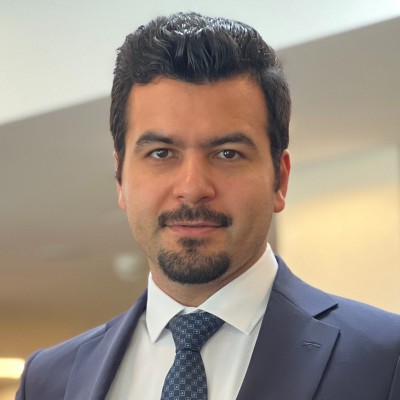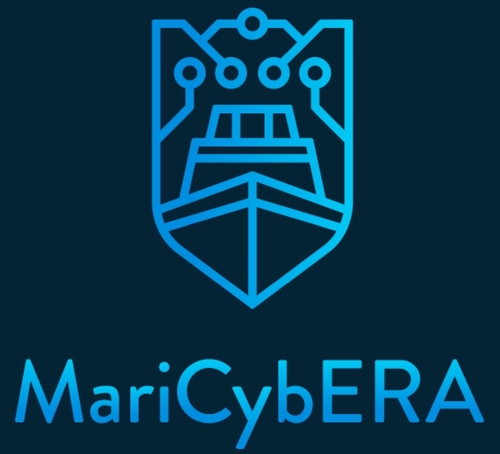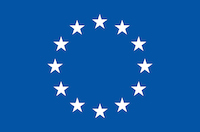
Saeed Rahimpour is a Postdoctoral Researcher at the Estonian Maritime Academy and a skilled Power Electronics Engineer with over 8 years of experience in the field. He holds a Ph.D. in Electrical Engineering from Tallinn University of Technology, where his research focused on designing and enhancing the reliability of advanced power conversion systems, including DC-DC converters, energy routers, and solid-state circuit breakers. He is currently focused on integrating cybersecurity into power electronic systems used in ships.
How do you see your role in the Horizon 2020 ERA Chair project?
My role in the Horizon 2020 ERA Chair project is to lead research efforts that integrate maritime power electronics with advanced cybersecurity measures. With Estonia’s strong foundation in IT innovation and cybersecurity, I will focus on making maritime systems more resilient to cyber-attacks, especially those targeting shipboard power electronic systems.
Why is Estonia/TalTech the best place for the ERA Chair project in maritime security?
TalTech’s research infrastructure, combined with Estonia’s well-established digital infrastructure, positions it as the best place to develop and test cutting-edge solutions that will enhance the security and efficiency of maritime power systems.
What are the main challenges of the project?
The main challenges of the project are centered on protecting the maritime sector from increasingly sophisticated cyber threats. Ships, ports, and offshore infrastructures are critical to global trade and energy supply, making them prime targets for cyber-attacks. Securing the complex cyber-physical systems on ships, including power electronics, is particularly challenging.
How do you see the future of the Center?
I envision the Centre developing cybersecurity solutions that can predict, detect, and respond to cyber-attacks on maritime systems, making it a benchmark for maritime safety research. This would not only enhance operational safety but also contribute to greener, more efficient shipping.
What would be the main lessons you would take away from the project?
The project will also teach me the value of interdisciplinary collaboration, as solving cybersecurity challenges in maritime power systems requires combining knowledge from power electronics, control systems, and cybersecurity.
What links you to the maritime sector?
My work in integrating cybersecurity into power electronics directly links me to the maritime sector, where secure and reliable power systems are critical. Ships increasingly rely on complex microgrids and digital control systems for their operations, making them vulnerable to cyber-attacks. My research into ensuring the cybersecurity of these systems, particularly in mission-critical environments like maritime operations, makes my expertise highly relevant.
Contact: saeed.rahimpour@taltech.ee


